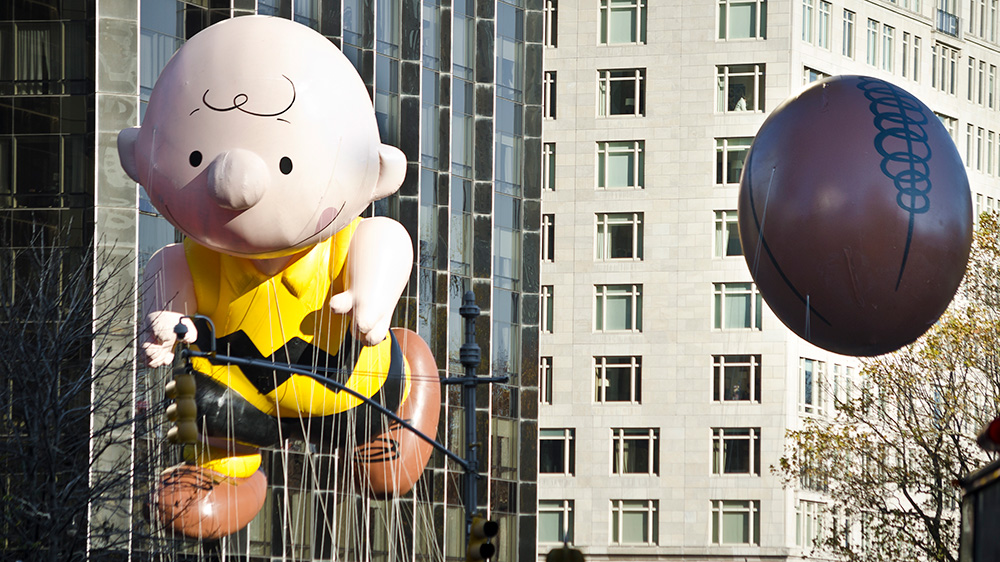
I recently made a television appearance where I counted down the top five Thanksgiving movies of all time. You probably didn’t know there even were movies about Thanksgiving. Number one was “A Charlie Brown Thanksgiving”. In that film, Charlie Brown still exhibits his signature moments of anxiety … but, somehow, it’s all overcome by the power of the holiday: giving thanks.
Gratitude is like a mental vitamin — it’s a small practice that can have big benefits. Research shows that taking time to appreciate the good things in life can have a profound effect on mental health. Numerous studies like the one published in Psychological Science suggest that gratitude can reduce symptoms of depression and anxiety, increase overall happiness, and even improve sleep. By focusing on what we have instead of what we lack, gratitude helps train the brain to shift from negativity to positivity.
One of the reasons gratitude is so powerful is its ability to activate the brain's reward system, releasing feel-good chemicals like dopamine and serotonin. This chemical boost helps to lift mood and improve emotional resilience.
Actor and producer Reese Witherspoon once shared, “Gratitude is the key to happiness. It can shift your focus from what's wrong to what's right.” Witherspoon’s perspective highlights how practicing gratitude can help us find joy in the small moments, whether it’s a family dinner or a quiet morning coffee.
Incorporating gratitude into your daily routine can be as simple as jotting down three things you're thankful for each day. Just 60 seconds a day can lead to big mental health rewards!
If it worked for Charlie Brown … you know it can work for you!
Harding University's Mental Health and Wellness graduate program equips students with the knowledge and skills to provide compassionate care and support to individuals and communities. Learn more about the mental health and wellness program degree and certificate programs, or schedule a visit with your graduate admissions counselor.